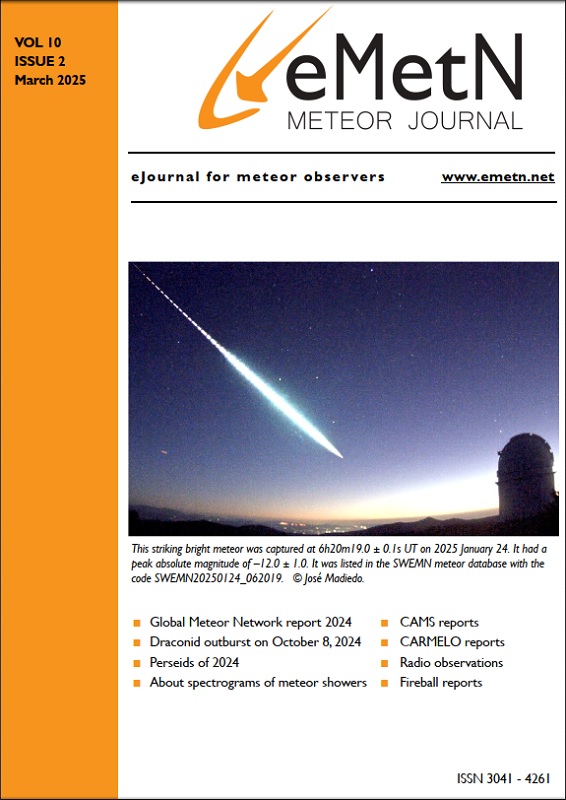When the Cameras for Allsky Meteor Surveillance project originally started in 2009, there were three locations at Fremont Peak Observatory and Lick Observatory, in California. Each platform included 24 black-and-white surveillance video cameras that were programmed to watch the sky from dusk until dawn. Thousands of potential meteor detections were processed manually by interns and volunteers. Now, the project has expanded to 19 locations worldwide, including New Zealand, South Africa, Europe, United Arab Emirates, Australia, Chile, Brazil, and Namibia. To keep up with the corresponding increase in data, principal investigator Dr. Peter Jenniskens turned to the Frontier Development Lab and machine learning to automate the data pipeline. The result of that collaboration not only produced a faster and more efficient workflow process, but an interactive website (https://meteorshowers.seti.org/) that allows visitors to view the results. Join Peter and host Beth Johnson along with Amartya Hatua, Chicheng Ren, Chad Roffey, and Sahyadri Krishna – volunteers working on the updated version of that website – to discuss the project, the process, and the results of this collaborative work.
Watch the video: https://www.youtube.com/watch?v=yIu_E1U3O6c

